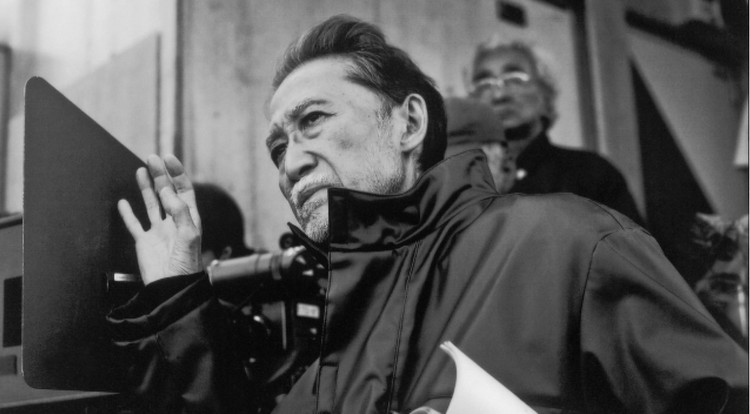Film director Kiju Yoshida, has died in a hospital on December 8th. He was known for his movies “Eros + Massacre” and “Coup d’Etat”, and was highly acclaimed both in Japan and overseas. Born in Fukui, his funeral ceremony will be held by his immediate family. His chief mourner is his wife, actress Mariko Okada. In an interview with Daily Sports, Okada revealed in tears how she felt after suddenly losing her husband of 58 years, saying, “It was so sudden that I couldn’t even organize my thoughts.” According to Okada, Yoshida complained of chest pain in the early morning of the 8th and was transported to the hospital by ambulance. He was told in the car that he had pneumonia, but he died before it could make it to the hospital. Okada said, “It was really sudden… He passed away without even being able to have a last conversation.”
After graduating from the Department of French Literature at the University of Tokyo, Yoshida joined Shochiku Studio and became an assistant director. In the late 50s and early 60s, along with directors Nagisa Oshima and Masahiro Shinoda, he was an influential figure of the film movement the “Japanese New Wave” that went on to have a huge impact on the future of Japanese cinema. After the end of the war, he directed the film “Akitsu Springs”, which became one of his representative works. In 1964, he married the lead actress of “Akitsu Springs” Mariko Okada. Although he is also known for once severely criticizing the works of Yasujirō Ozu in his 1998 book “Ozu’s Anti-Cinema”, he was still a big fan of Ozu as a director.
After leaving Shochiku, he established his own production company Gendai Eigasha in 1966, where he wrote and directed the films such as “Eros + Massacre,” that depicted the incidents that involved the 1920s anarchist Sakae Osugi, and “Heroic Purgatory.” Both movies were part of a trilogy of films that criticized modern Japanese politics, including martial law. In this era he was known for his avant-garde and esoteric style. After a break, his first feature film in 13 years, “A Promise,” focused on the issue of an aging society was screen at Cannes Film Festival in 1986. His final film, “Women in the Mirror,” he chose the atomic bombing of Hiroshima as a theme. Women in the Mirror went on to be screened at Cannes Festival in 2002. Okada stated, “He really was like a genius. I’m proud to have found such a wonderful person.”
Where can you stream Kiju Yoshida’s films? They are available for rent on YouTube, and as well on independent film distributor and restoration company Arrow Film’s streaming platform ARROW.


















